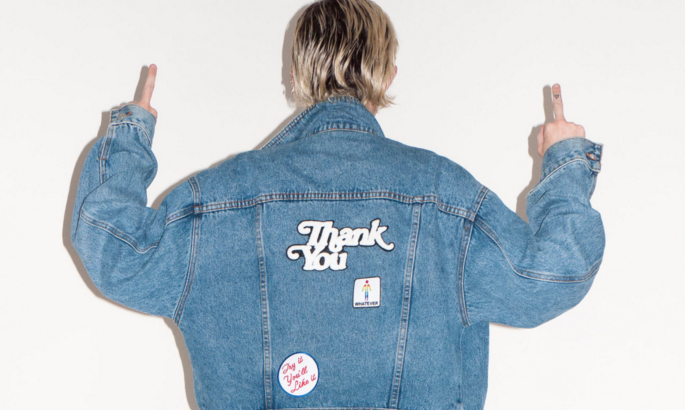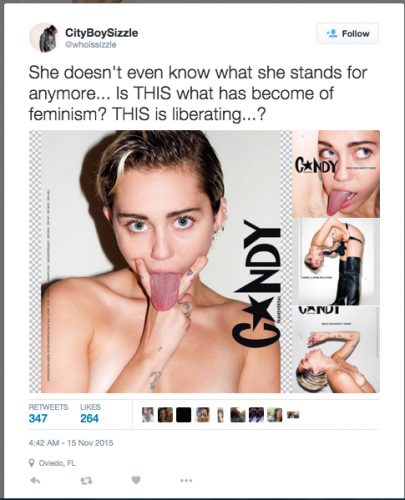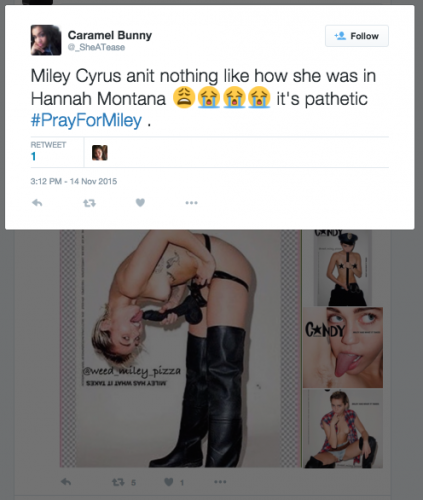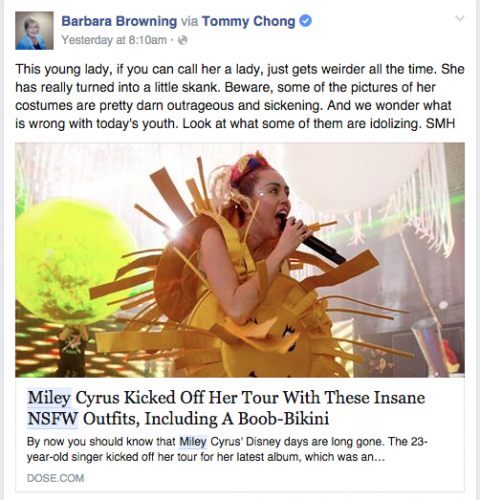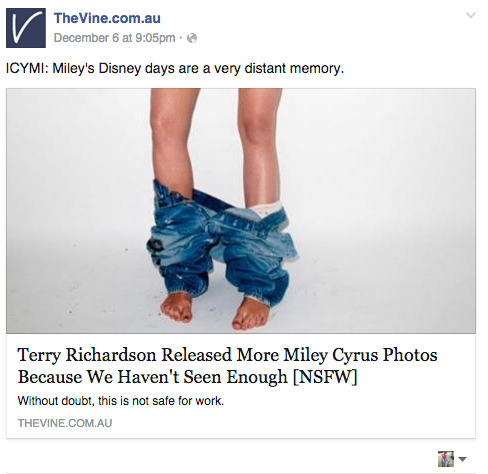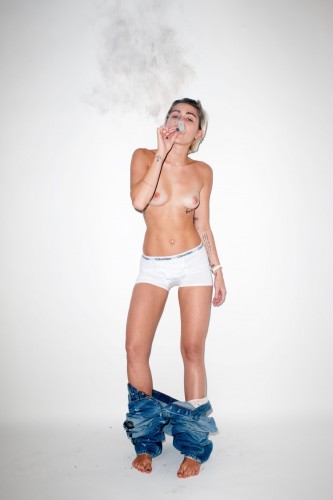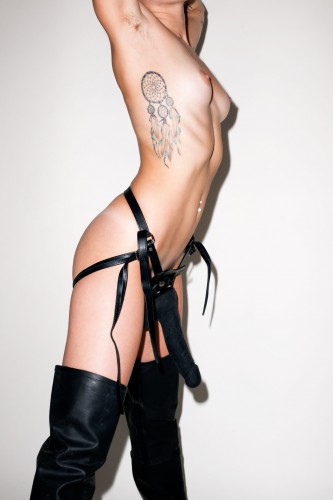Earlier this year, I found my feminist standpoint come to light while sitting cross legged on the floor, sipping whisky, and defending the song Work It by Missy Elliott to a close friend who for all intents and purposes is a liberated and free thinking woman of the modern era. She is fit, unashamedly beautiful and grew up in a house full of strippers.
“The song is catchy, but my feminist ideals find it questionable…” she told me, obviously troubled.
I thought back to a news story I had heard earlier in the week about a woman who had been shamed on social media for her Tinder tagline, which said something along the lines of “I’m the type of girl that will suck you dry and then eat some lunch with you.” I too had pulled out my moral compass to see just which way I faced when it came to such overtly sexual comments coming from a fellow lady. Had we not been taught all our lives that feminism was about reclaiming our bodies from the nasty objectification piled upon us by men? That our minds were our greatest weapons and that sex and sexuality had to be pushed away beneath more important things like the right to vote, equal pay, job equality and independence?
I thought back to my social studies teacher, who on overhearing a boy spit the slang word for female genitalia as an insult, made our whole class stand up and say “cunt” out loud a few times at high volume to remove the stigma and embarrassment that was so commonly associated with the word (for those wondering, she didn’t get fired, but there were repercussions). I thought about this incident, and I listened as Missy put her thing down, flipped it and reversed it.
I explained that a feminist ideology should accept that Missy Elliott sexualising herself or the female body is simply the manner in which she expresses her own feminism. I explained that she has just as much right to feel sexy or sexually objectified or sexually objectify men or do whatever she wants to do, and females judging her or any other female for doing that are really doing just as much damage as males who perpetuate these stereotypes of what a “good girl” should be.
I sat back, a little bit surprised. As someone who was first introduced to feminism by Julia Stiles’ character in 10 Things I Hate About You, had never read The Feminine Mystique or even clicked on a Clem Ford article, I was quite happy that I had reached this point all on my own. It might seem like I was late to the party, but I always just liked to think that I was so liberal that these things came naturally and I didn’t need to pay them too much attention. It was at that moment I realised the strange junction that being a female, especially one in the music business, had reached in 2015. It was cool to be sexy and strong, but be sure to keep it tasteful. It was fine to be successful, but as Nicki Minaj once said, don’t be too assertive. Artists like Grimes, Hinds and Lauren Mayberry of CHVRCHES spoke out about misogyny in music from both fans and co-workers in the music business. And all these ideals were unraveling and being questioned and it felt very important.
A few months later, arguably the biggest song of the year was released, and I again found myself with compass in hand. Drake’s Hotline Bling‘s antagonist was a female character who had taken a bad turn because she was wearing less, going out more, and was presumably choosing to sleep with people who were not Drake. The song, while incredibly catchy, particularly with its video and subsequent memes, gifs and general Internet domination, offended me on a much deeper level than anything Missy Elliott ever said. At my day job the song came on and a fifteen-year-old female staff member rolled her eyes and said, “I really hate how guys think it’s okay to tell girls they can’t go out and have fun.” I smiled, and was happy that even a generation ahead, I wasn’t alone in my frustrations. “This is why I love Miley Cyrus,” she told me.
This brings me to the fact that Miley Cyrus might have taught me more about feminism in 2015 than anyone else. We touched on this a little while back, but as someone who was a little old for the Hannah Montana years, and a little jaded about pop music in my late teens and early twenties, the Miley train (or train wreck as some would nastily argue) had almost passed me by completely unnoticed until a few weeks ago. I enjoyed hearing about her unlikely friendship with The Flaming Lips’ front-man Wayne Coyne and watched as her stage antics rolled through news headlines with mild admiration and bemusement at the sheer shock value of it all. Then I came upon her most recent photo shoot with photographer Terry Richardson (whose reputation is a conversation for another time) and found myself sucked deep into an internet void filled with a little bit of support, but a lot more hate than I felt should really be heaped on anyone for being naked on the internet in the current age.
Yes, Miley came to fame as a child star. Yes, she’s made no secret of her rebellious break-out, complete with sex, weed and strap-ons. But does that necessarily make her a bad person, and in particular, does it make her a bad influence? Is it really so bad for young people to look up to her? My young staff member is not spending her weekends imitating Miley. She is actually a pretty normal kid who has been exposed to lots of different versions of what women can be if they want to.
I read on and on as the comments flowed on various news pieces. I discovered #prayforMiley and a website that declared that the Illuminati controlled the media and she had in fact been turned into one of their “half naked puppets.” I couldn’t help noticing the frequent mention of NSFW content and found myself thinking, “no, it’s not safe for work, and in light of Michael Norton recently being fired from his job for calling someone a slut on social media, neither is posting abusive content online.”
The shoot itself was done for Candy magazine: an independent limited edition publication that celebrates transversal style culture (it can be seen in full here). The images show the musician in her raw form: underarm hair, tan lines, androgynous in some moments, replicating masculinity in others, and just undeniably being herself. With discussions about pornography front and centre after a very frank televised discussion from Triple J’s Hack this week, I can’t help thinking that this is a refreshing offering at the table of over embellished, unrealistic, sexual fanfare.
When I saw the images, I thought about the widespread applause that Lena Dunham has received for embracing and sharing her body on her show Girls, and about the just-released 2016 Pirelli calendar featuring nude women like Amy Schumer and Serena Williams, a stark contrast to their usual model-filled editions.
Beautiful, gross, strong, thin, fat, pretty, ugly, sexy, disgusting, flawless, woman. Thank you @annieleibovitz pic.twitter.com/kc0rIDvHVi
— Amy Schumer (@amyschumer) November 30, 2015
I found myself wondering why people were so much more confronted by Miley’s pictures. In the words of the artist herself, she says, “They want to judge me. People need more conventional role models, I guess. But I just don’t care to be that person.”
While she may not be the perfect role model or the perfect person or the perfect woman according to the expectations of her onlookers, I realised that Miley had definitely taught me something this year. I saw lots of women in the spotlight in 2015. Some of them were wearing clothes, some of them weren’t. Some of them were skinny, some of them curvy, some of them were natural, and some of them had augmented their bodies in some way. But, all of them were beautiful, and none of them had the responsibility to answer to anyone but themselves.
I learned that feminism has stopped being about being a certain type of woman, and just about being a woman, whoever you are, in all your wonderfully imperfect glory, and it was a great lesson to learn.
